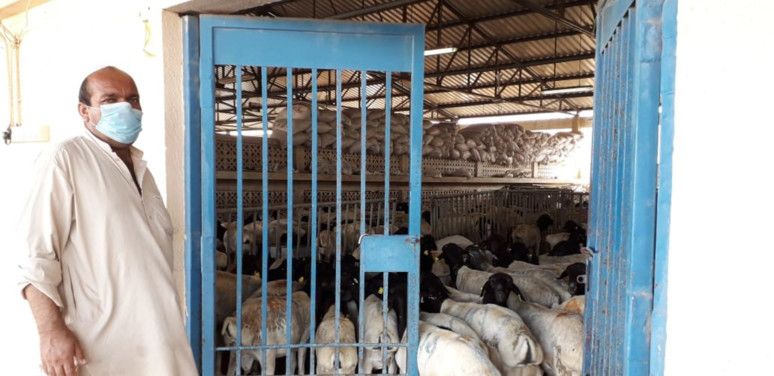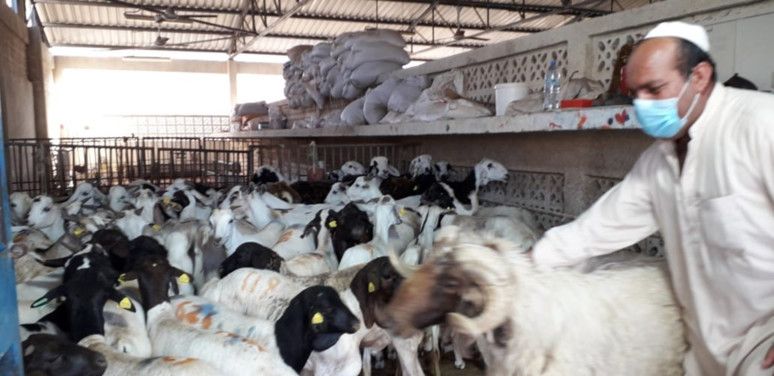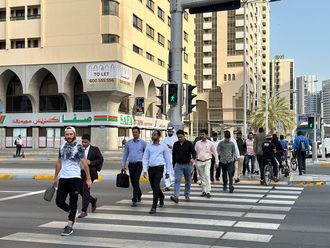
Abu Dhabi: Livestock prices have witnessed an increase at the Abu Dhabi Livestock Market in Mina Zayed, ahead of the holy month of Ramadan.
Traders at the market say lockdown in countries like India and Pakistan has impacted the supply.
The price hike ranges between Dh40 and Dh50 per animal.

Speaking to Gulf News, Daulat Khan, a livestock trader from Mohammad Salem Mohammad Livestock, said, “Our prices have gone up to Dh50 per animal.”
Though Somali goats and sheep are in abundance in the market, Indian sheep are are not available due to the lockdown in India, he said.
He hoped the situation would improve soon and supplies resume.
Somali animal supplies have been coming to the UAE over the last two months, helping to maintain stocks, he said.
However, a Najdi is being sold at Dh650 for 20kg, Somali goats costs Dh550 for 18kg and Somali sheep Dh550 for 18kg.
At the open market, there is often much bargaining to bring the prices down.
Taj Mohammad, a livestock trader at Mina, said, “Indian and Pakistani sheep are not coming to the market regularly and it has impacted business.”
India’s Kashmiri sheep is very popular in the market and would be sold at Dh500-Dh550 for over 15kg, he added.
LOCAL BREEDS
Prices of local breeds always remain high and are sold at similar rates throughout the year because they comes from local sources.
Trader Rahimullah said, “Local goats, which are mostly preferred by Emiratis, cost between Dh750 and Dh850 as per the size and weight of the goat. The usual weight is 7-10kg. Meat of local breeds is fine and flavoured, so it costs more.”
“I sell a local goat weighing 6kg at Dh750, while bigger ones cost Dh850 for 10kg to 12kg. There is no any difference in prices of local breeds, which comes from local sources,” he said.
Typically, prices go up ahead of Ramadan, Eid Al Fitr and Eid Al Adha due to high consumption of meat during these occasions.








